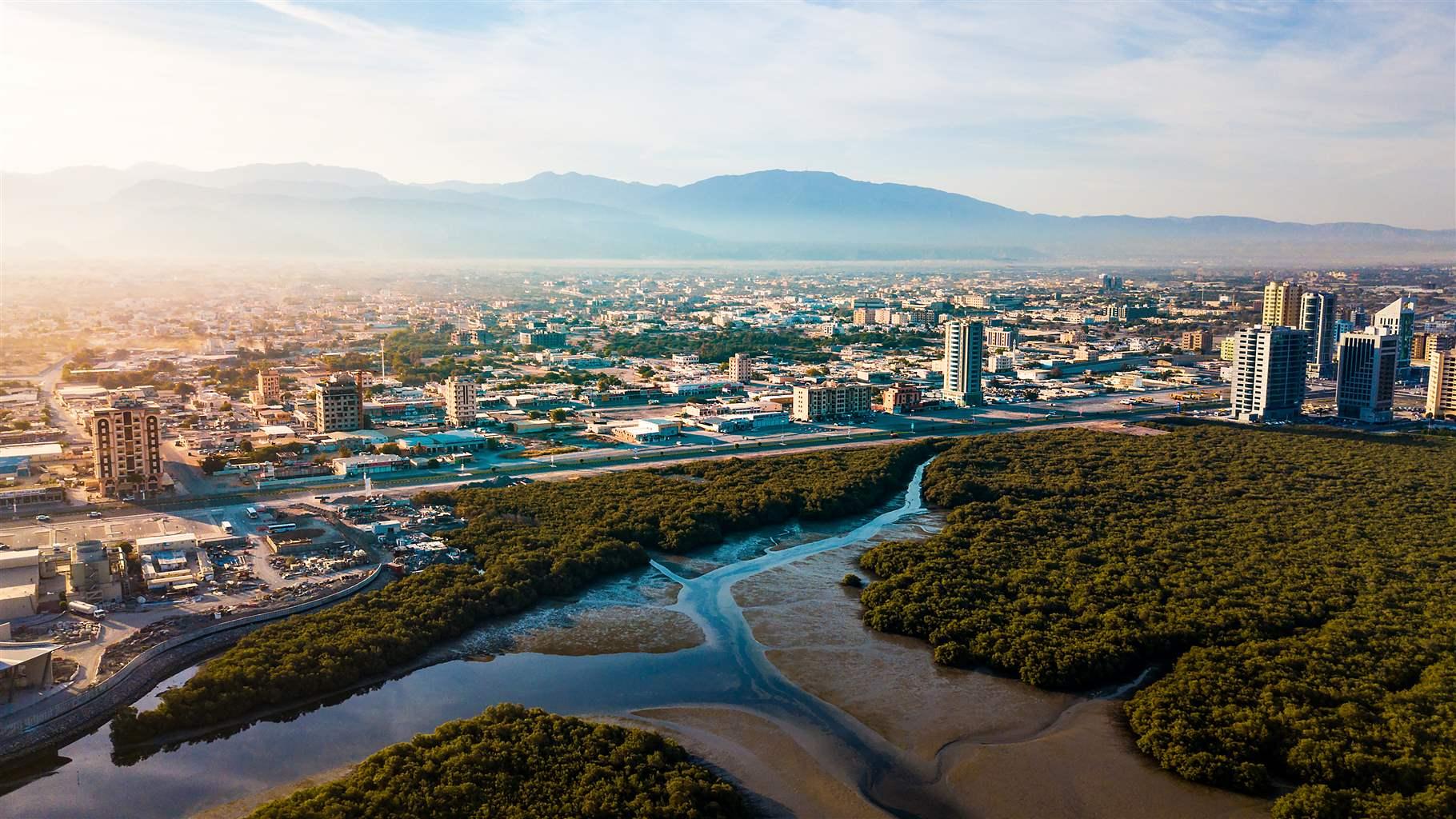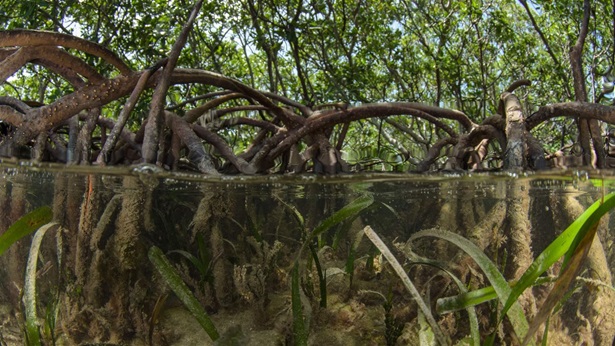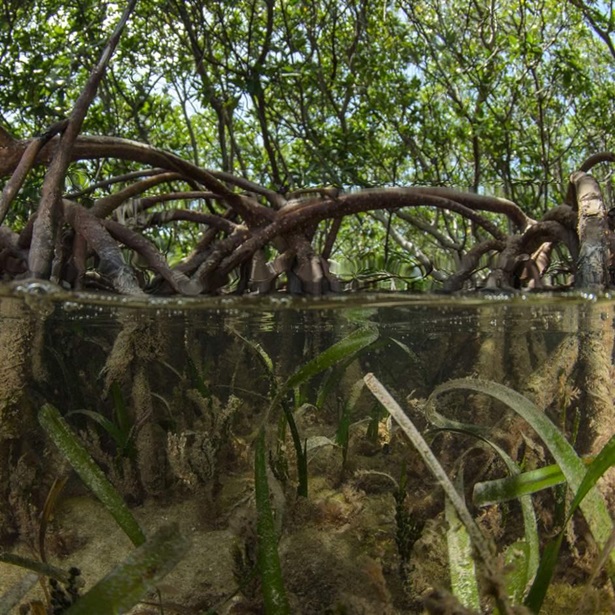How Climate Change Affects Communities and Biodiversity—and What to Do About It
Pew resources on science, resilience, and adaptation include expert interviews, analyses, policy ideas, and more

The warming climate presents challenges worldwide—such as rising seas, more extreme weather events, and biodiversity loss—that the global community must confront urgently. Government policies that reduce greenhouse gas emissions are critical to this effort, including measures that leverage the power of nature to both support the sequestration of carbon and build ecosystems’ resilience.
At Pew, we’re focused on advancing policies that use nature-based solutions for their multitude of climate benefits, from protecting coastal wetlands and preparing communities for severe flooding events to enhancing biodiversity—all of which will help our ocean, land, and people better withstand and adapt to climate change.
This page features experts, analyses, and research from across Pew’s numerous projects that touch on climate change.
This video is hosted by YouTube. In order to view it, you must consent to the use of “Marketing Cookies” by updating your preferences in the Cookie Settings link below. View on YouTube
This video is hosted by YouTube. In order to view it, you must consent to the use of “Marketing Cookies” by updating your preferences in the Cookie Settings link below. View on YouTube


'Blue Carbon': An Ally in Fighting Climate Change
Resources on international and U.S. research, policy, and protocols to protect coastal wetlands and measure the carbon they capture



